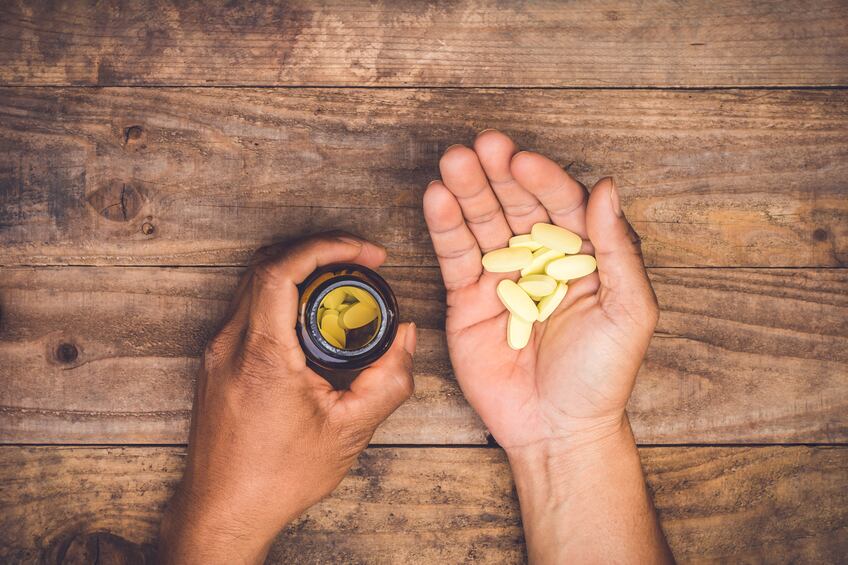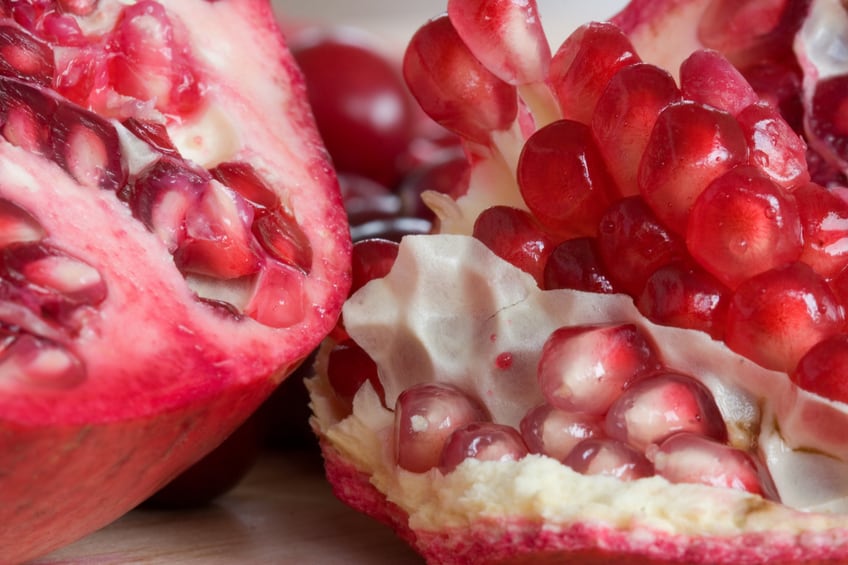The review published in Nutrients looked at a wide range of human and lab-based data on the effects of polyphenols on human health – and in particular on DNA damage and oxidative stress that has been suggested to be a factor in the onset of many chronic disease states.
Led by Amaya Azqueta from the University of Navarra in Spain and Andrew Collins from the University of Oslo in Norway, the researchers reviewed publications relating to human trials, animal experiments and cell culture, grouping them according to whether polyphenols were investigated in whole foods and drinks, in plant extracts or as individual compounds.
“Results reported in the recent literature, on the whole, lend support to the hypothesis that dietary polyphenols protect the body against the effects of reactive oxygen species on DNA integrity, but do so reliably only when present at low concentrations,” said the authors.
They recommended that “greater attention be paid to the concentrations used, particularly in in vitro experiments, if the results are to be extrapolated to issues of human health”.
Indeed, the team found that while human and animal trials generally suggested polyphenols may be protective against DNA damage, some high dose animal trials and several lab-based cell culture studies that used high concentrations of polyphenols saw greater DNA damage.
“Clearly, in functional foods or phytochemical supplements, the concentration is likely to be higher than in natural foods, and experiments showing genotoxicity of phytochemicals at high doses should at least serve as a warning to designers of functional foods,” wrote Azqueta and Collins.
A U-shaped dose response
The authors concentrated their review on studies published from 2010 to the present - using a PubMed search of keywords around polyphenols and DNA damage to

identify 386 papers.
“We have concentrated on papers where the effect of polyphenols, in the form of real food, plant extract or pure compound, is tested in cell culture, animals and humans,” they added – noting that papers where only gene expression was studied, papers specifically focused on other diseases than cancer and papers with deficient experimental design were all excluded.
They revealed that human trials – “of which there are rather few” – tended to show decreases in endogenous DNA damage and protection against DNA damage induced ex vivo in blood cells.
Furthermore, most animal experiments investigating the effects of polyphenols – often at high concentrations – in combination with known DNA-damaging agents, have generally shown protection, said Collins and Azqueta.
However, they noted that numerous cell culture studies have shown the potential for polyphenols to induce DNA damage.
“With such a wide-ranging set of phytochemicals, not to mention the variety of test systems, experimental designs and assays applied in their study, it is difficult to generalise. However, high concentrations are likely to show DNA-damaging effects, while also in many cases protecting cells against damaging effects of other agents, apparently acting as pro-oxidants when present alone, but as anti-oxidants in combination,” they added.
“Often, in the case of micronutrients in general, the dose–response curve is U-shaped, i.e., a beneficial effect at low concentrations changes to a detrimental effect at higher concentrations, and this tendency is clear in many of the reports described.”

A concert of compounds
Azqueta and Collins concluded that researchers and industry alike should be careful when considering the concentrations of polyphenols for both experiments and functional food products.
They also said it was important to consider that plant foods contain a variety of micronutrients, “which might be expected to act in concert, whereas most experiments are carried out with single compounds”.
“In this respect, there are clear advantages in using plant extracts or whole foods,” they wrote.
Source: Nutrients
Volume 8, Issue 12, Pages 785, doi:10.3390/nu8120785
“Polyphenols and DNA Damage: A Mixed Blessing”
Authors: A. Azqueta, A. Collins
